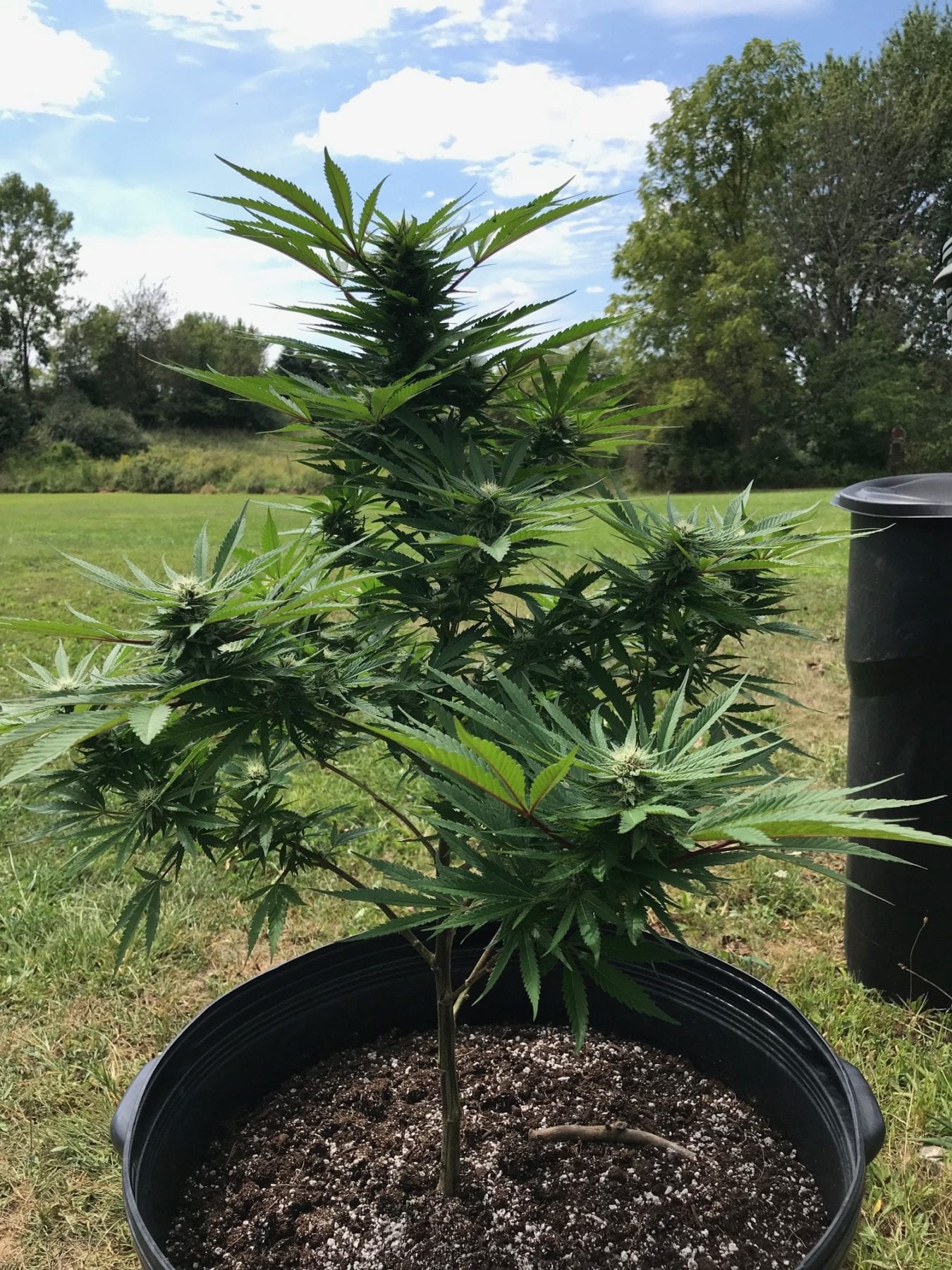In recent years, the landscape of cannabis cultivation has undergone significant transformations due to changing legal regulations and attitudes towards the plant thus, Tips for Home Cannabis Cultivators. With the legalization of cannabis for medical and/or recreational use in various jurisdictions worldwide, many individuals have turned to cultivating cannabis in their own homes. 
However, navigating the legal framework surrounding home cannabis cultivation can be complex and daunting for newcomers. In this article, we will explore essential tips for home cannabis cultivators to ensure compliance with legal regulations while pursuing their passion.
Understanding Local Laws and Regulations
The first and most crucial step for any home cannabis cultivator is to thoroughly understand the local laws and regulations governing cannabis cultivation in their area. Cannabis laws can vary significantly from one jurisdiction to another, with differences in permitted quantities, cultivation methods, and licensing requirements.
Whether you reside in a region where cannabis cultivation is fully legal, strictly regulated, or prohibited, it is essential to familiarize yourself with the specific statutes and regulations applicable to your location.
Obtaining Necessary Permits and Licenses
In jurisdictions where home cannabis cultivation is permitted, obtaining the necessary permits and licenses is often a legal requirement. These permits may include cultivation licenses, zoning permits, or medical cannabis cards, depending on the local regulations.
Failure to obtain the required permits can result in fines, legal penalties, or even criminal charges. Therefore, it is crucial to research and adhere to the permitting process outlined by your local authorities.
Compliance with Cultivation Limits
Many jurisdictions impose limits on the number of cannabis plants that individuals can cultivate for personal use. These limits are typically intended to prevent the diversion of cannabis into the illegal market and to regulate the quantity of cannabis grown for personal consumption.
Before embarking on home cultivation, ensure that you are aware of any limits imposed by local regulations and adhere to them strictly. Exceeding cultivation limits can result in legal consequences and may jeopardize your ability to continue cultivating cannabis in the future.
Secure and Discreet Cultivation Practices
Regardless of the legal status of cannabis cultivation in your area, it is essential to practice discretion and security when growing cannabis at home. This includes taking measures to prevent unauthorized access to your cultivation space, such as installing locks and security systems.
Additionally, consider implementing odor control measures to minimize the scent of cannabis, which could attract unwanted attention. By maintaining a secure and discreet cultivation environment, you can minimize the risk of legal scrutiny and ensure your safety and privacy.
Quality Control and Testing
In regulated cannabis markets, there are often stringent quality control standards in place to ensure the safety and potency of cannabis products. While home cultivators may not be subject to the same regulatory requirements as commercial growers, it is still essential to prioritize quality control and testing.
This includes monitoring factors such as nutrient levels, pH balance, and pest management to ensure the health and vitality of your plants. Additionally, consider investing in testing kits or services to analyze the potency and purity of your harvested cannabis. By prioritizing quality control, you can produce high-quality cannabis products that are safe for consumption.
Environmental Considerations
Cannabis cultivation can have environmental impacts, particularly when conducted on a large scale. As a home cultivator, it is essential to minimize your environmental footprint and practice sustainable cultivation methods. This may include using energy-efficient lighting, conserving water, and utilizing organic growing practices.
By adopting environmentally friendly cultivation practices, you can reduce your impact on the planet and contribute to the sustainability of the cannabis industry.
Community Engagement and Advocacy
Engaging with your local community and advocating for sensible cannabis regulations can help shape the legal landscape surrounding home cultivation. Consider joining or supporting organizations that promote cannabis legalization and advocate for the rights of home cultivators.
By participating in community initiatives and sharing your experiences as a responsible cultivator, you can help combat stigma and misinformation surrounding cannabis cultivation. Additionally, advocating for fair and equitable regulations can ensure that home cultivators have the opportunity to pursue their passion in a safe and legal manner.
Continued Education and Compliance
The legal regulations governing cannabis cultivation are subject to change as attitudes towards the plant evolve and new legislation is enacted. Therefore, it is essential for home cultivators to stay informed and up-to-date on the latest developments in cannabis law and policy.
This may involve attending educational workshops, joining online forums, or consulting with legal experts specializing in cannabis regulations. By remaining vigilant and proactive, you can ensure ongoing compliance with legal requirements and mitigate the risk of legal issues arising from changes in the regulatory landscape.
Conclusion
Home cannabis cultivation can be a rewarding and fulfilling endeavor for individuals passionate about the plant. However, it is essential to navigate the legal regulations surrounding cultivation with care and diligence. By understanding local laws, obtaining necessary permits, practicing secure cultivation methods, and prioritizing quality control, home cultivators can ensure compliance with legal requirements while enjoying the benefits of growing their own cannabis.
Additionally, community engagement and advocacy can help shape the legal landscape surrounding cannabis cultivation, ensuring that home cultivators have the opportunity to pursue their passion in a safe and responsible manner.


[…] Source link […]
[…] Source link […]